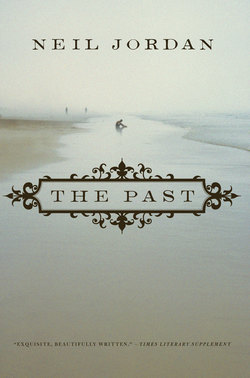Читать книгу The Past - Neil Jordan - Страница 15
Оглавление9
THEY ARRIVED ON the Second of June 1915. In the Easter of the next year there was a revolution. A Gaelic League colleague of hers named Eamon de Valera held Boland’s Mills and was lucky enough to survive the subsequent rash of executions. His pallid face, his gangling, unlikely bearing, his tenderness for mathematics and his strict academic air had, Lili tells me, been the butt of many of her private, rather caustic jokes. But when the revolution (which surprised her, Lili tells me, as much as anyone, though she later pretended of course, that she was in on it all along) extended itself into first months and then years of gradually accelerating chaos, then open rebellion, she lent to it her sense of melodrama and backstage intrigue, discovered a sudden liking for the gaunt schoolmaster.
‘And rumour had its heyday here, I mean that man who would stamp his unlikely profile on the history of this place as surely as South American dictators stick theirs on coins and postage stamps, the mathematical rigour of his speech, his actions, and her, who was fast becoming the grande dame of Irish Republicanism—not that there weren’t others jostling for her place, but none of them had her advantage, she was an actress after all, a bad one maybe, but she knew how to upstage with all the cunning of her limited talent.’
How Michael became implicated is uncertain. Taking briefs at first, Lili tells me, in Republican cases and later assuming a full and active role in what would become known as the I.R.A. Una claimed it was at her behest, Lili tells me. I would like to imagine it was in remembrance of that promenade, remembering the affair of the bathing shelter, with the sense of holocaust, like the sea, all around them. His involvement gradually took its own momentum until by 1919 he had donned the cap and trenchcoat that characterised activists in the upper echelons of the guerrilla effort.
‘Never got his name on a street. That must be to his credit. It’d sound odd, anyway. O’Shaughnessy Street—’
He took at one stage to writing verse, a practice that seemed obligatory for activists in those days. He never mastered Irish. His verse is somewhat painful to read, only memorable for the number of instances in which he refers to Kathleen, the daughter of Houlihan, as blonde-haired.
